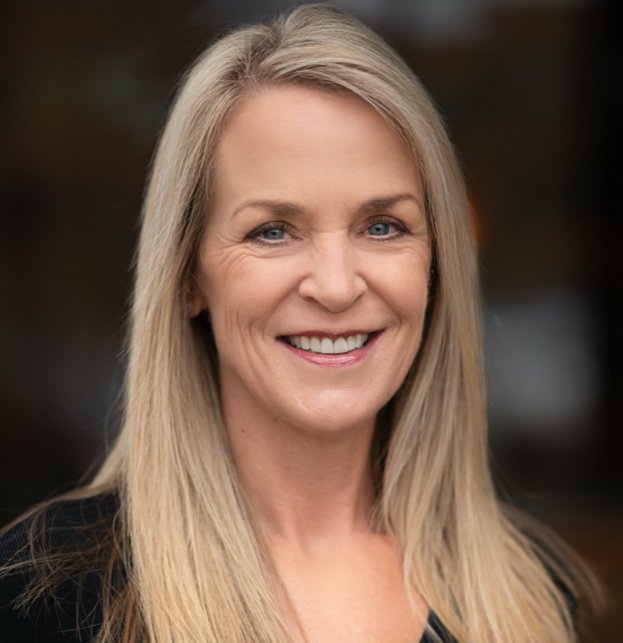Cindy Robert, Legislative Lobbyist to AIA Oregon, Rainmakers LLC
What Would Peter Courtney Do?
I could not help but ask myself this question as the Senate Republican walkout left me far too much time waiting in the Capitol halls. Almost 6 weeks of wondering if months of work would be lost.
I looked back at my 2019 end of session report which showed how Senate President Courtney handled walkouts when they happened on his watch.
Senator Courtney was a broker between the two parties and his goal was always maintaining respect for the institution. He did not engage in press releases that made anyone look bad. He did not pick a side or use words that could not be taken back. He did not question the integrity or motives of legislators who truly believed they were standing up for their constituents. He rose above. The majority and minority parties bickered, he mediated.
That referee was seemingly missing this time and the ideological divide was highlighted by media.
Thankfully, after weeks, our leaders ended up putting Oregon first – our budgets, our needed policies on homelessness and mental health, our urgency to have the matching funds required to apply for federal funds for semiconductors and a new interstate bridge, and our need to address wildfire, water, public defense and drought crises.
Senator Courtney led us for two decades – he set a high bar – and in the end, the new leadership did what he would have done…compromise.
The next set of concessions must be about how we run future legislative sessions. I am not talking about quorums or walkouts, I am talking about how we go about policymaking that is truly a public process. Amidst all the new technology and the public input we have been able to increase since COVID pushed us to perfect virtual testimony, there is actually less input into the decision making of our policymakers.
The reason? Almost 3,000 bills and so many people wanting to provide insights and opinions on those bills. Three minutes each (and in some cases just 90 seconds) allotted to provide public input means we are collecting sound bites, not knowledge. Bills would move to a work session with only one hearing – amendments were often posted and voted on without more input – the record was open for people to provide written thoughts, but speaking makes sure you are heard – legislators made appointments to hear from lobbyists and constituents in 15-minute increments.
The solution is not less public participation, it is fewer bills. I say this as someone who often asks for bills to be introduced – would I want to make it even harder for that to happen? I think it is the only way to make sure we are making GOOD policies, not just many.
I also believe the amount of bills makes it so legislators cram what should be a year’s worth of work into a few months. This is hard on them, their families, their other jobs and their lives. We have a “part-time citizen legislature” – but do not be fooled – they work overtime in session and are spending more and more time each year doing legislative work during the interim. They deserve better pay.
And to be clear when considering the last two points I made – fewer bills will not mean less work for legislators, it will mean they can actually do more on each bill instead of simply rubberstamping. Much of that went on this session, partly due to walk out and short time for the House to pass a slew of Senate bills they finally received, and partly because it is a common result of one-party control. Fewer bills will mean more time for each issue to be more thoroughly considered, discussed, public input provided and actually amended and improved, mitigating the inevitable problems we end up having when laws are passed too quickly and language and impacts are not thoroughly parsed.
After more than three decades working in the building, I feel like I can say these things with knowledge of how things are, how they have changed, what is better and what is not. I, like Peter Courtney, have huge respect for the institution and the people working there, and I want to see it succeed. I continue to say I am about “how” not “no” as I work toward meaningful public policy in a world that needs more compromise.
I am honored every day by your trust in me to represent you at the Capitol and your partnership as we try to improve Oregon together.
The above was the introduction to Cindy’s 2023 General Legislative Session Recap. Read the recap section she wrote that focuses specifically on activity of specific interest to architects and AIA Oregon HERE
To read the entire report, go HERE.

